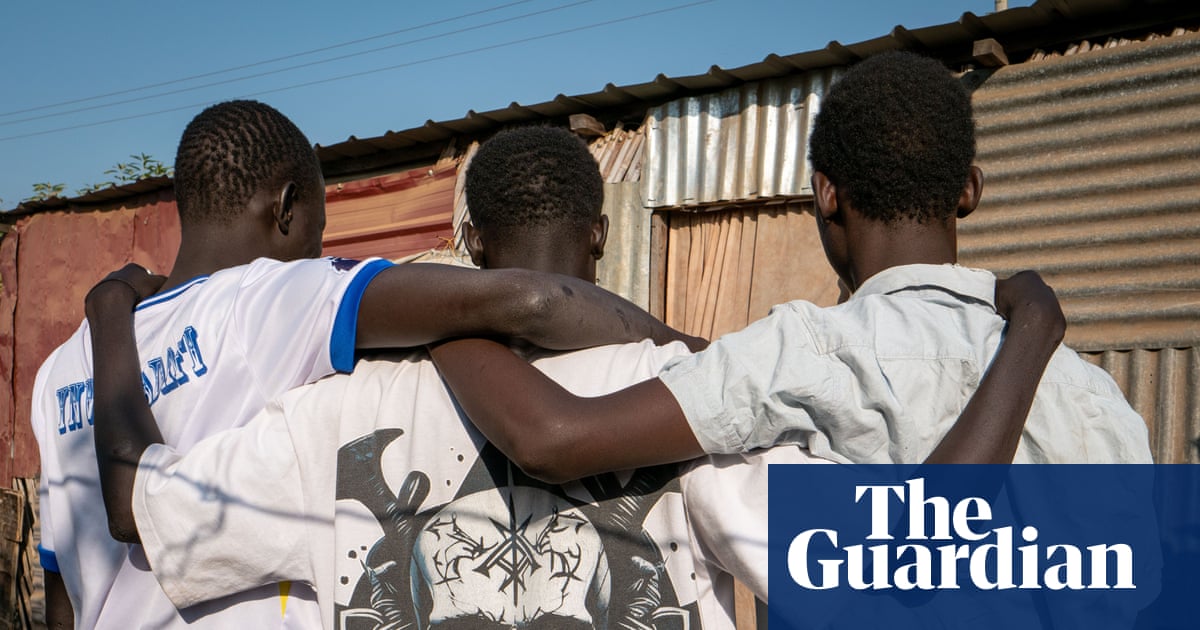
In recent years, South Sudan has faced a rising tide of gang activity and street violence, particularly among its youth. This pressing issue, which finds its roots in the country’s political instability and social challenges, has devastated families and communities. However, stories of resilience and hope are emerging as individuals and organizations work to rebuild lives and provide alternatives for at-risk youth.
The Viral Incident That Sparked Outrage
In June, a deeply disturbing video surfaced online, showing a gang of young men assaulting a 16-year-old girl in Juba’s Sherikat neighborhood. This act, reportedly motivated by gang rivalry, shocked the nation. The public’s response ranged from calls for mob justice to demands for legal action, prompting authorities to launch a citywide crackdown on gang activities. However, more than 600 youths were arrested during this sweep, stirring concerns about wrongful arrests and reports of forced conscription into the South Sudan People’s Defence Forces (SSPDF).
The Roots of the Crisis
Street gang culture in South Sudan gained prominence after the country’s independence in 2011 and worsened during the subsequent civil war. Poverty, lack of education, and broken families have driven many young people to join gangs in search of security and belonging. In many cases, survival takes precedence, with boys engaging in theft, drug use, and violent street battles.
“You can’t stop this gang stuff by force; you need to use love and remind them about God,” shared Peter Amule, a former gang member who now works to rehabilitate youth. Sadly, families often feel powerless, especially as reports emerge of young people disappearing after arrests, only to reappear as soldiers in conflict zones.
Meet the Changemakers: Organizations and Individuals Leading the Fight
In Juba’s Gudele neighborhood, Peter Amule has transformed his home into a refuge for teenagers trying to escape gang life. Supported by the UNICEF-backed Grassroots Empowerment and Development Organization (GREDO), he provides mentorship and emotional support to young people seeking a way out of gangs.
Former gang member Alaak Akuei, also known as “Kuku,” founded the Young Dream Football Academy in Sherikat. By offering sports training to over 900 children, Akuei intends to keep youth engaged and focused on education. “These kids, all they want is to feel loved and that they belong,” he explained. Akuei and other ex-gang members now work as coaches and role models, proving that change is possible.
An Integrated Approach for Long-Term Change
Organizations like GREDO also employ youth workers who have personal experience with gang culture, helping them connect on an emotional level. Activities such as football training, mentorship programs, and community workshops aim to build trust, provide life skills, and instill hope.
The GREDO center, strategically located on the border between two gang territories, serves as a safe space for youth from both sides. Here, former gang members like Akuei work tirelessly to empower the next generation, offering them a chance to rebuild their lives through structured programs and emotional support.
Products to Support Emotional Healing
For those struggling with trauma, incorporating mindfulness practices can complement rehabilitation efforts. Products like the Headspace Meditation App can be transformative for mental health. By offering guided meditations and breathing exercises, tools like these help young people process emotions and develop a sense of inner calm.
A Glimpse of Hope Amidst Challenges
While the fight against gang culture in South Sudan is far from over, stories of resilience and community efforts offer a glimmer of hope. By addressing the root causes of violence—poverty, lack of education, and emotional neglect—change is slowly taking shape. Programs grounded in mentorship, love, and belonging may very well pave the way for a stronger, united South Sudan.



